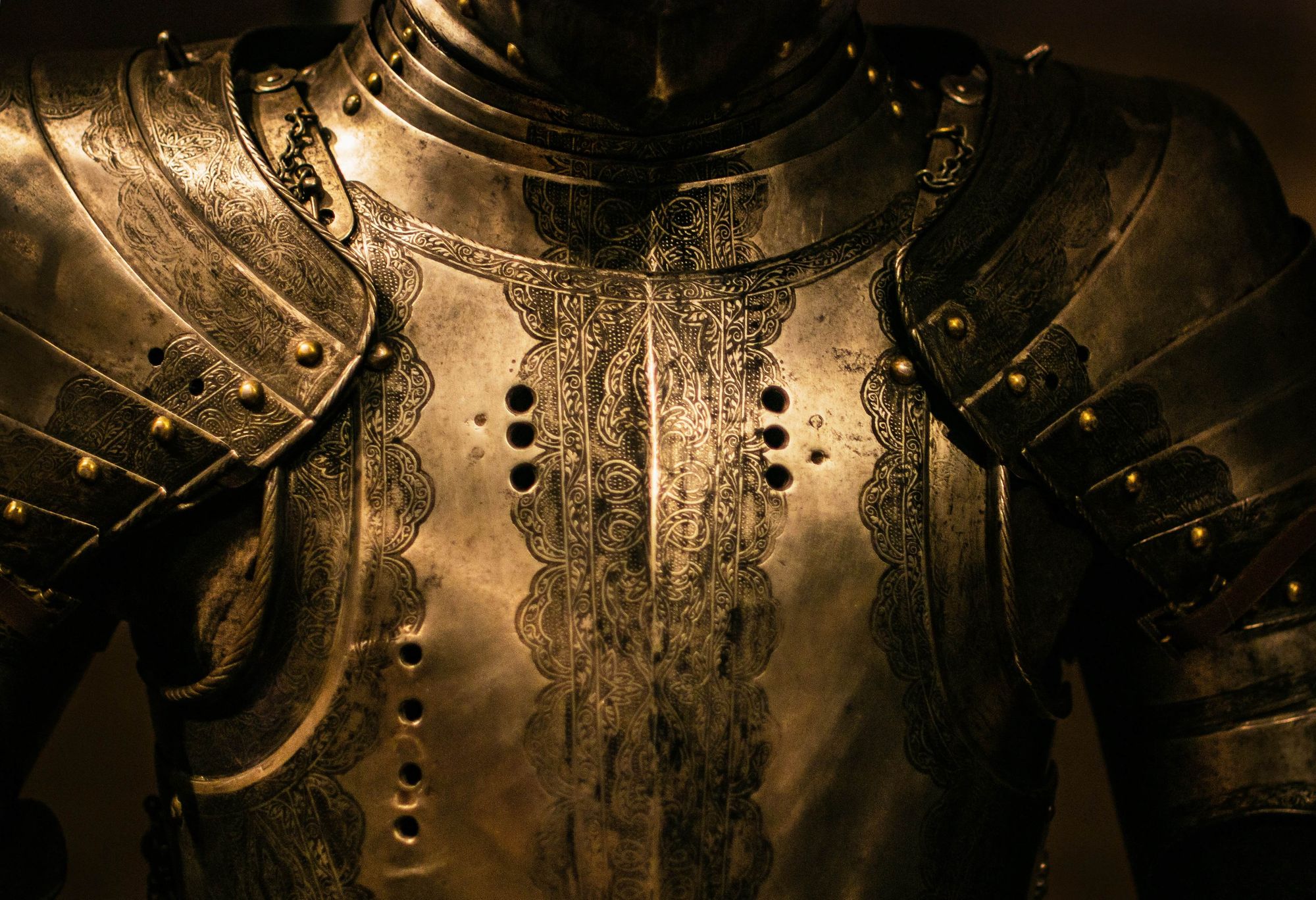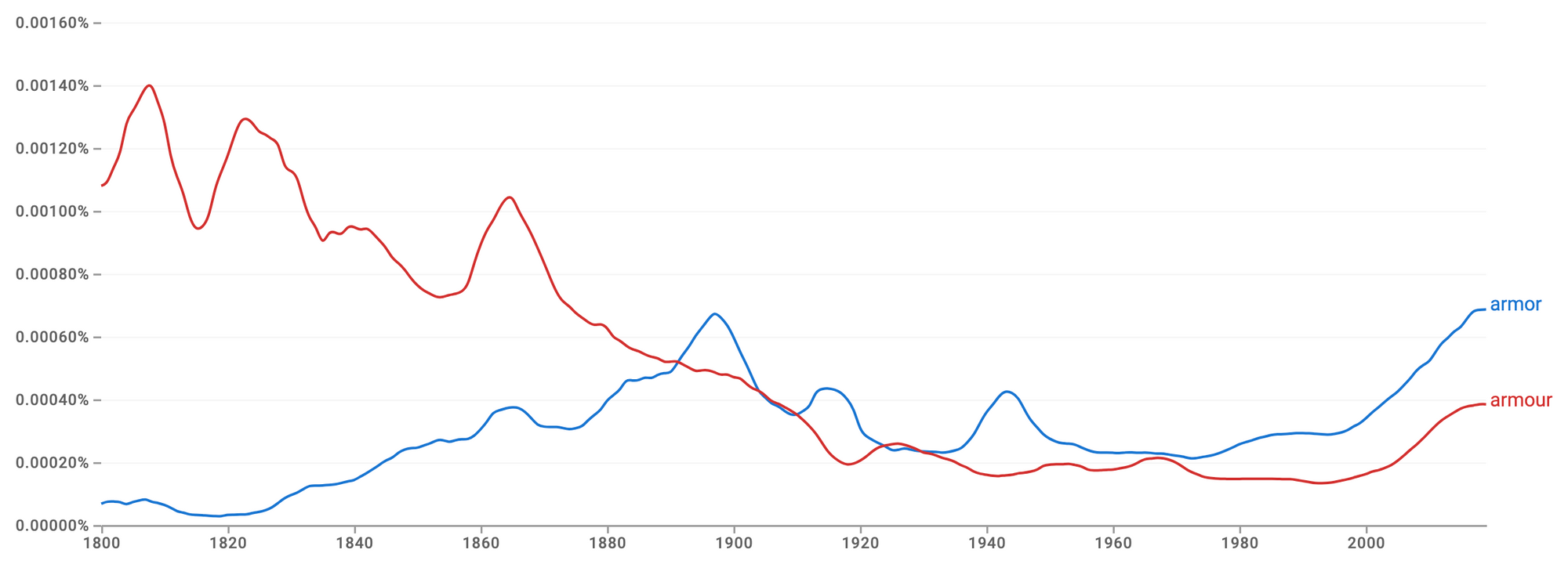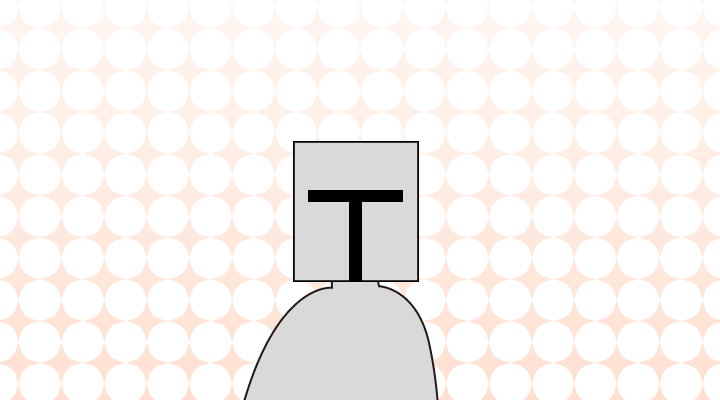Which is correct, armor or armour?
Both spellings are correct! "Armor" is the American English spelling, while "armour" is the British English spelling. Both words refer to protective clothing or covering, typically made of metal or other durable materials, worn to shield the body from injury or damage in combat or dangerous situations.

🚗 The knight donned his sturdy suit of armor before heading into battle, ensuring maximum protection against enemy attacks. (British spelling)
🚗 The knight donned his sturdy suit of armour before heading into battle, ensuring maximum protection against enemy attacks. (American spelling)
In the context of the sentence, armor/armour refers to the protective suit made of durable materials, such as metal, worn by the knight.
When to Use "Armor" vs. "Armour"
When to Use "Armor":
- Use "armor" in American English to refer to protective clothing or covering, often made of metal or other sturdy materials, worn for defense in combat or hazardous situations.
Example Sentences Using "Armor":
- The medieval knight's armor gleamed in the sunlight as he prepared for the jousting tournament.
- Modern military forces utilize advanced technology to create lightweight yet highly effective body armor.
- The superhero confidently faced the villain, clad in a suit of high-tech armor.
- The astronaut suited up in specialized space armor before venturing outside the spacecraft.
- In the fantasy realm, dragons are often depicted with scales as tough as the finest armor.
When to Use "Armour":
- Use "armour" in British English to convey the same meaning as "armor" in American English, referring to protective clothing or covering worn for defense, especially in combat situations.
Example Sentences Using "Armour":
- The ancient knights rode into battle, their shining armour reflecting the sunlight.
- The royal guards wore impeccable red and gold ceremonial armour during the state procession.
- The museum displayed a remarkable collection of historical armour from various periods.
- The military unit upgraded its tanks with enhanced armour for increased protection on the battlefield.
- The blacksmith meticulously crafted a suit of armour for the historical reenactment event.
Remember, "armor" is the American English spelling, while "armour" is the British English spelling. This is consistent with a general rule that British spelling sometimes adds an extra "u" to the American spelling.
Synonym/Related Phrases
- Chainmail: Refers to protective armor made of interlinked metal rings.
- Plate: A synonym for armor, especially when describing rigid protective pieces made of metal or other materials.
- Shield: A defensive device used to protect against blows or attacks, similar to a component of armor.
- Cuirass: A specific type of armor that covers the torso, often combining a breastplate and backplate.
- Panoply: A complete or impressive collection of defensive equipment, often used more figuratively to convey a wide range of protective measures.
Common Idioms/Phrases
Don your armor/armour:
- Meaning: To prepare oneself mentally and emotionally for a challenging or difficult situation.
- Example: Before the crucial negotiation, she mentally donned her armor/armour, ready to face tough questions.
Knight in shining armor/armour:
- Meaning: Refers to a person, often a man, who comes to the rescue or provides help and support in a chivalrous or heroic manner.
- Example: She had always hoped for a knight in shining armor/armour to come and save the day, but she realized she could be her own hero.
Similar Cases
British spelling often adds an extra "u" to the American spelling, and this rule applies to armor and armour as well.
Here are some other examples:
- Colour (British) / Color (American)
- Favour (British) / Favor (American)
- Honour (British) / Honor (American)
- Labour (British) / Labor (American)
- Neighbour (British) / Neighbor (American)
Armor vs. Armour: Which is Used More Often?
The Ngram graph below shows how often "armor" and "armour" have been used from the 1800s to the 2000s. Both have been used throughout time, but while "armour" was much more common in the 1800s, "armor" is more commonly used in the 2000s. Remember that both are still correct, and that this is more a matter of regional differences.

FAQ
Is armor or armour British English?
Armour is British English.
What is a "suit of armor/armour"?
A "suit of armor/armour" refers to a complete set of protective clothing or gear worn by warriors, particularly knights, during battles in medieval times. It is designed to provide comprehensive protection to the wearer's body from various forms of attack, including weapons like swords, arrows, and maces.

Want to sound like a native speaker?
Engram’s AI-powered grammar checker makes your English sound like a native speaker’s, suggesting natural English expressions on top of fixing grammar, spelling, punctuation, word order, and vocabulary.

References:














